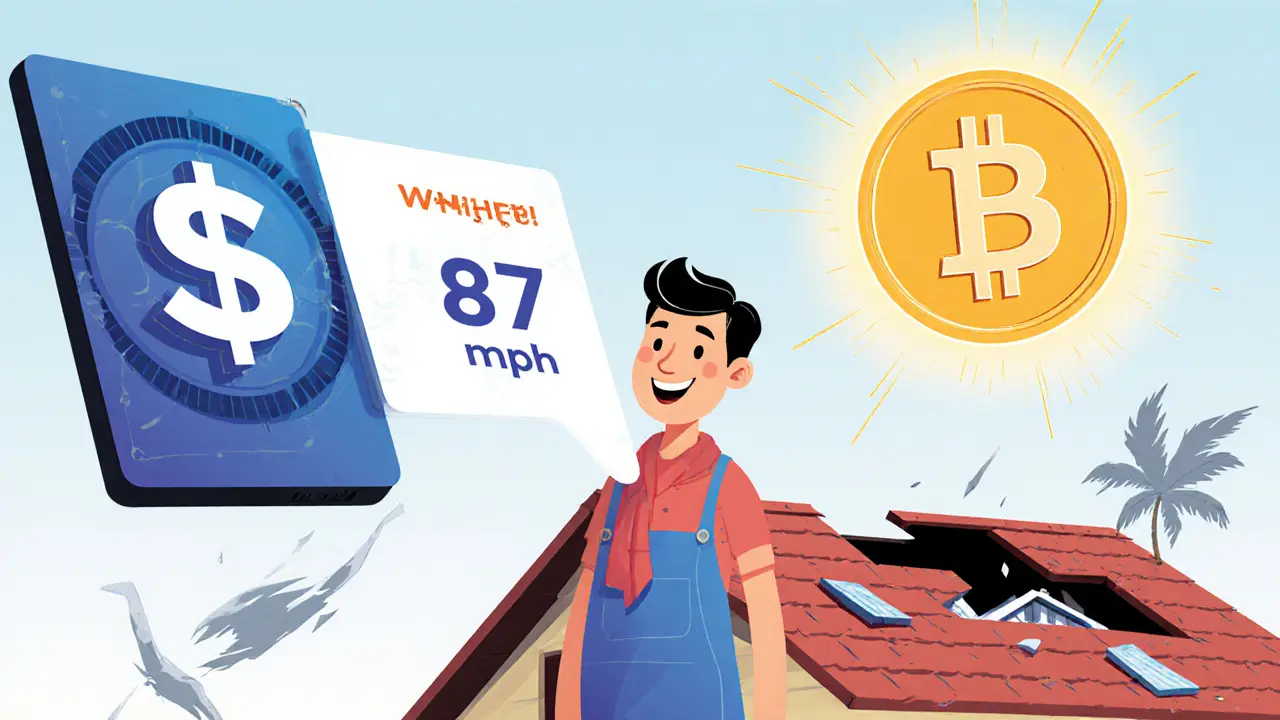Smart contracts automate insurance claims by triggering payouts when predefined events occur, cutting processing time from weeks to hours. Learn how blockchain is transforming insurance with faster, fraud-resistant claims.
Insurance Blockchain: How Blockchain Is Changing Insurance Policies and Claims
When you think about insurance blockchain, a system that uses distributed ledgers to record and verify insurance policies and claims without middlemen. It's not science fiction—it’s already being tested by major insurers and startups alike. Traditional insurance relies on stacks of paper, slow approvals, and manual checks. But with smart contracts insurance, self-executing agreements coded on blockchain that trigger payouts when conditions are met, claims can be paid in minutes instead of weeks. No more chasing adjusters. No more disputes over policy terms—because the code is the contract.
claims automation, the process of using blockchain and AI to verify and process insurance claims without human intervention is cutting costs and reducing fraud. Imagine a car accident where the police report, repair shop invoice, and driver’s license are all hashed onto a blockchain. The system checks the data, confirms the claim, and sends payment—all without a single human touch. That’s not a dream. Companies like Etherisc and InsurAce are doing it right now. And it’s not just auto insurance. Health, crop, and travel policies are being rebuilt on blockchain too. The key? Transparency. Every step is recorded, tamper-proof, and visible to all authorized parties.
But it’s not all smooth sailing. decentralized insurance, a model where policyholders pool funds and manage risk collectively via blockchain, often without a central company still faces big hurdles. Legal recognition varies by country. Regulators aren’t sure how to classify these protocols. And not everyone trusts code over a human agent. Still, the trend is clear: the old way is too slow, too expensive, and too easy to cheat. Blockchain fixes that. What you’ll find in these articles are real examples—how a farmer in Kenya got paid after a drought because a weather oracle triggered a payout, how a startup in Singapore slashed claim processing time by 90%, and why some insurance giants are quietly building their own chains instead of buying into public ones. This isn’t about replacing agents. It’s about making the whole system work better—for everyone.
